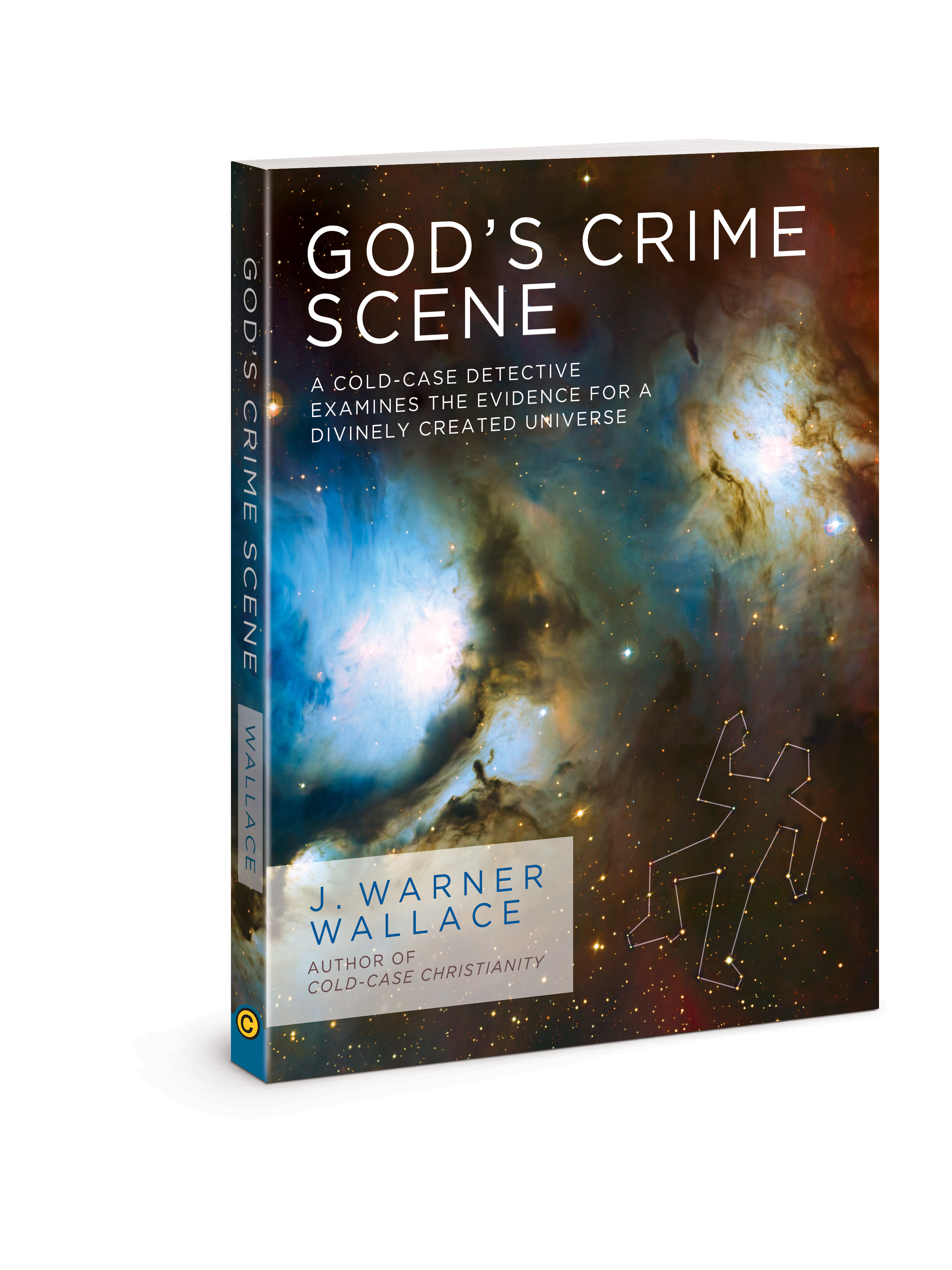
The Old Testament word, “nephesh” (neh’-fesh)
This word has been translated as “soul” on occasion in the Old Testament, but that’s not how the ancient Israelites understood the word. They used it throughout the Old Testament to describe any breathing creature or animal, and it is more often translated as “appetite”, “beast”, “body”, “breath”, “creature”, “dead”, “lust”, “man”, “mind”, “person”, or “life”, than it is translated as “soul”.
The New Testament word, “psuche” (psoo-khay’)
Like “nephesh”, this word has been translated as “soul” as well, but literally means “breath” and can accurately be translated as “heart”, “life”, “mind”, “us”, or “you” in addition to the connotation we would understand as “soul”.
How, then, are we to know exactly how the original writers of Scripture were using these words? How do we know whether they were using the words to describe some aspect of our temporal life or whether they were using the words to describe the soul? Let’s take, for example, Ezekiel 18:4, a passage often cited by Jehovah’s Witnesses trying to make the case we, as living souls, die or sleep when our bodies die:
Ezekiel 18:4
“Behold, all souls are Mine; the soul of the father as well as the soul of the son is Mine. The soul who sins will die.”
From a simple reading of this passage, it sure sounds like souls die. But the word being used as “soul” is “nephesh” and we know it is more often used to describe living physical beings (creatures). So this passage could just as easily (and may more accurately) be translated in this way:
“Behold, all lives are Mine; the life of the father as well as the life of the son is Mine. The person (life) who sins will die.”
See the problem here? We really can’t make the case for the mortality of the soul from a simple word study in the Old or New Testament. But Jehovah’s Witnesses are not the only ones who have to be careful. Those who try to prove the soul is immortal from a simple word study also fall into this same trap. Let’s take one example:
Psalms 84:2
“My soul yearns, even faints, for the courts of the LORD; my heart and my flesh cry out for the living God.”
Those arguing for the immortality of the soul use this passage to demonstrate the soul is clearly defined as something different than the heart and the flesh of the body. But once again we have to remember the word used for “soul” (“nephesh”) is most often translated in a different way. This could just as easily be what the psalmist intended:
“My entire being yearns, even faints, for the courts of the LORD; my heart and my flesh cry out for the living God.”
What the Bible Says About the Everlasting Nature of the Soul
Word studies simply don’t help us understand the nature of the soul in regard to its immortality. There is a better way to examine the Biblical evidence without relying on any interpretation of “nephesh” or “psuche”. Let’s simply study examples in the Scripture where people are described as living beyond their physical bodies. If we see instances of “living disembodiment”, it is fair to conclude we are immaterial beings who live beyond our physical existence:
Luke 23:39-43
And one of the criminals who were hanged there was hurling abuse at Him, saying, “Are You not the Christ? Save Yourself and us.” But the other answered, and rebuking him said, “Do you not even fear God, since you are under the same sentence of condemnation? “And we indeed justly, for we are receiving what we deserve for our deeds; but this man has done nothing wrong.” And he was saying, “Jesus, remember me when You come in Your kingdom.” And He said to him, “Truly I say to you, today you shall be with Me in Paradise.”
Even though both Jesus and the thief were about to experience physical death, Jesus clearly said something about our eternal life. He said our lives would continue and extend right from the point of death: “today you will be with me in paradise.” The word used here for “paradise” is the Greek word, “paradeisos” and it is the same word Paul used to describe heaven in 2 Corinthians 12:2-4 (“I know a man in Christ who fourteen years ago was caught up to the third heaven. Whether it was in the body or out of the body I do not know-God knows. And I know that this man-whether in the body or apart from the body I do not know, but God knows- was caught up to paradise.”) The Bible clearly describes a disembodied life here (what we would describe as the “soul”), even though it is not given a name. From this passage it is obvious the soul lives beyond the death of the body. Here is another important passage:
Luke 16:19-31
“Now there was a certain rich man, and he habitually dressed in purple and fine linen, gaily living in splendor every day. And a certain poor man named Lazarus was laid at his gate, covered with sores, and longing to be fed with the crumbs which were falling from the rich man’s table; besides, even the dogs were coming and licking his sores. Now it came about that the poor man died and he was carried away by the angels to Abraham’s bosom; and the rich man also died and was buried. And in Hades he lifted up his eyes, being in torment, and saw Abraham far away, and Lazarus in his bosom. And he cried out and said, ‘Father Abraham, have mercy on me, and send Lazarus, that he may dip the tip of his finger in water and cool off my tongue; for I am in agony in this flame.’ But Abraham said, ‘Child, remember that during your life you received your good things, and likewise Lazarus bad things; but now he is being comforted here, and you are in agony. ‘And besides all this, between us and you there is a great chasm fixed, in order that those who wish to come over from here to you may not be able, and that none may cross over from there to us.’ And he said, ‘Then I beg you, Father, that you send him to my father’s house – for I have five brothers – that he may warn them, lest they also come to this place of torment.’ But Abraham said, ‘They have Moses and the Prophets; let them hear them,’ But he said, ‘No, Father Abraham, but if someone goes to them from the dead, they will repent. But he said to him, ‘If they do not listen to Moses and the Prophets, neither will they be persuaded if someone rises from the dead.’”
In this passage, the dead are repeatedly described as performing actions characteristic of the living. But that’s not all. How can this be? This is only possible if the physically dead are still immaterially alive. That’s why as Christians, we recognize we are living souls and immortal by nature:
Matthew 17:1-3
And six days later Jesus took with Him Peter and James and John his brother, and brought them up to a high mountain by themselves. And He was transfigured before them; and His face shone like the sun, and His garments became as white as light. And behold, Moses and Elijah appeared to them, talking with Him.
In this scene, Jesus was talking to Elijah and Moses. They obviously died long before Jesus was born, so how could this scene be true unless they still existed as immortal souls (and not simply as physical bodies)? We have another example of disembodied life after death, something possible only if we exist as living, immortal souls.
Matthew 22:31-32
“But regarding the resurrection of the dead, have you not read that which was spoken to you by God, saying, ‘I am the God of Abraham, and the God of Isaac, and the God of Jacob’? He is not the God of the dead but of the living.”
Were Abraham, Isaac and Jacob alive at the time of this statement? No. How, then, could they be described as living? This could only be true if they are actually immortal souls alive after death (and prior to their physical resurrection in the future). If they are immortal souls (immaterial beings), the passage begins to make sense.
1 Kings 17:19-23
And he said to her, “Give me your son.” Then he took him from her bosom and carried him up to the upper room where he was living, and laid him on his own bed. And he called to the LORD and said, “O LORD my God, hast Thou also brought calamity to the widow with whom I am staying, by causing her son to die?” Then he stretched himself upon the child three times, and called to the LORD, and said, “O LORD my God, I pray Thee, let this child’s life return to him.” And the LORD heard the voice of Elijah, and the life of the child returned to him and he revived. And Elijah took the child, and brought him down from the upper room into the house and gave him to his mother; and Elijah said, “See, your son is alive.”
This passage describes Elijah’s reviving of the widow’s son. The “life” of the child is said to “return to him”. The word used here is “shuwb” (shoob) and it really means “to turn back”, as if to retreat. But to turn back from where? Where is the “life” prior to being “returned”? The passage affirms the notion our true lives exist beyond death. God has the ability to return this “true” life to the body. This is consistent with what has been described elsewhere about the nature of the disembodied soul.
Ecclesiastes 12:5-7
Furthermore, men are afraid of a high place and of terrors on the road; the almond tree blossoms, the grasshopper drags himself along, and the caperberry is ineffective. For man goes to his eternal home while mourners go about in the street. Remember Him before the silver cord is broken and the golden bowl is crushed, the pitcher by the well is shattered and the wheel at the cistern is crushed; then the dust will return to the earth as it was, and the spirit will return to God who gave it.
This passage also describes life beyond the grave. After our death, while people are still mourning our absence, we are on our way to the God who created us. We are not stationary. We are not lying in the grave. We are alive and moving. We all know that our bodies will someday die. We don’t need to make a case from the Bible for this; we get to see it (unfortunately) every day. The real question is: “Do we live beyond the grave, beyond the physical life?” The scriptures seem to answer that question in a straightforward manner:
John 11:17-26
So when Jesus came, He found that he had already been in the tomb four days. Now Bethany was near Jerusalem, about two miles off; and many of the Jews had come to Martha and Mary, to console them concerning their brother. Martha therefore, when she heard that Jesus was coming, went to meet Him; but Mary still sat in the house. Martha therefore said to Jesus, “Lord, if You had been here, my brother would not have died. “Even now I know that whatever You ask of God, God will give You.” Jesus said to her, “Your brother shall rise again.” Martha said to Him, “I know that he will rise again in the resurrection on the last day.” Jesus said to her, “I am the resurrection and the life; he who believes in Me shall live even if he dies, and everyone who lives and believes in Me shall never die.”
John 8:51
“Truly, truly, I say to you, if anyone keeps My word he shall never see death.”
We have a powerful promise here. When we place our trust in Christ we will never see death. Our bodies may cease to function, but there will never be a time when we could be considered dead. There is no soul sleep, even though the body dies. Once we understand what the Bible does (and doesn’t) say about the life (or death) of the soul, we can have confidence we will be reunited to God and in His presence the moment we leave this temporal life. When we place our trust in Christ we will never see death. Our bodies may cease to function, but there will never be a time when we could be considered dead. Share on X

For more information about the scientific and philosophical evidence pointing to a Divine Creator, please read God’s Crime Scene: A Cold-Case Detective Examines the Evidence for a Divinely Created Universe. This book employs a simple crime scene strategy to investigate eight pieces of evidence in the universe to determine the most reasonable explanation. The book is accompanied by an eight-session God’s Crime Scene DVD Set(and Participant’s Guide) to help individuals or small groups examine the evidence and make the case.
J. Warner Wallace is a Dateline featured Cold-Case Detective, Senior Fellow at the Colson Center for Christian Worldview, Adj. Professor of Christian Apologetics at Talbot School of Theology, Biola University, author of Cold-Case Christianity, God’s Crime Scene, and Forensic Faith, and creator of the Case Makers Academy for kids.
Subscribe to J. Warner’s Daily Email
J. Warner Wallace is a Dateline featured cold-case homicide detective, popular national speaker and best-selling author. He continues to consult on cold-case investigations while serving as a Senior Fellow at the Colson Center for Christian Worldview. He is also an Adj. Professor of Christian Apologetics at Talbot School of Theology, Biola University, and a faculty member at Summit Ministries. He holds a BA in Design (from CSULB), an MA in Architecture (from UCLA), and an MA in Theological Studies (from Gateway Seminary).

































Pingback: What Does the Bible Teach About the Nature of the Soul? | Apologetics ForumApologetics Forum
Pingback: In Answer to the Question: How Can a Loving God Send People to Hell?
Pingback: What the Bible Does (and Doesn’t) Say About the Life (or Death) of the Soul | Reasoned Cases for Christ
Pingback: What Does the Bible Teach About the Nature of the Soul? | J Warner Wallace | Reasoned Cases for Christ
Pingback: Weekly Apologetics Bonus Links 6/23 – 6/29 | Apologetics315
Pingback: What the Bible Does (and Doesn’t) Say About the Life (or Death) of the Soul | Cold Case Christianity – Elders Scrolls
Pingback: What the Bible Does (and Doesn’t) Say About the Life (or Death) of the Soul | Cold Case Christianity – Reformed faith salsa style